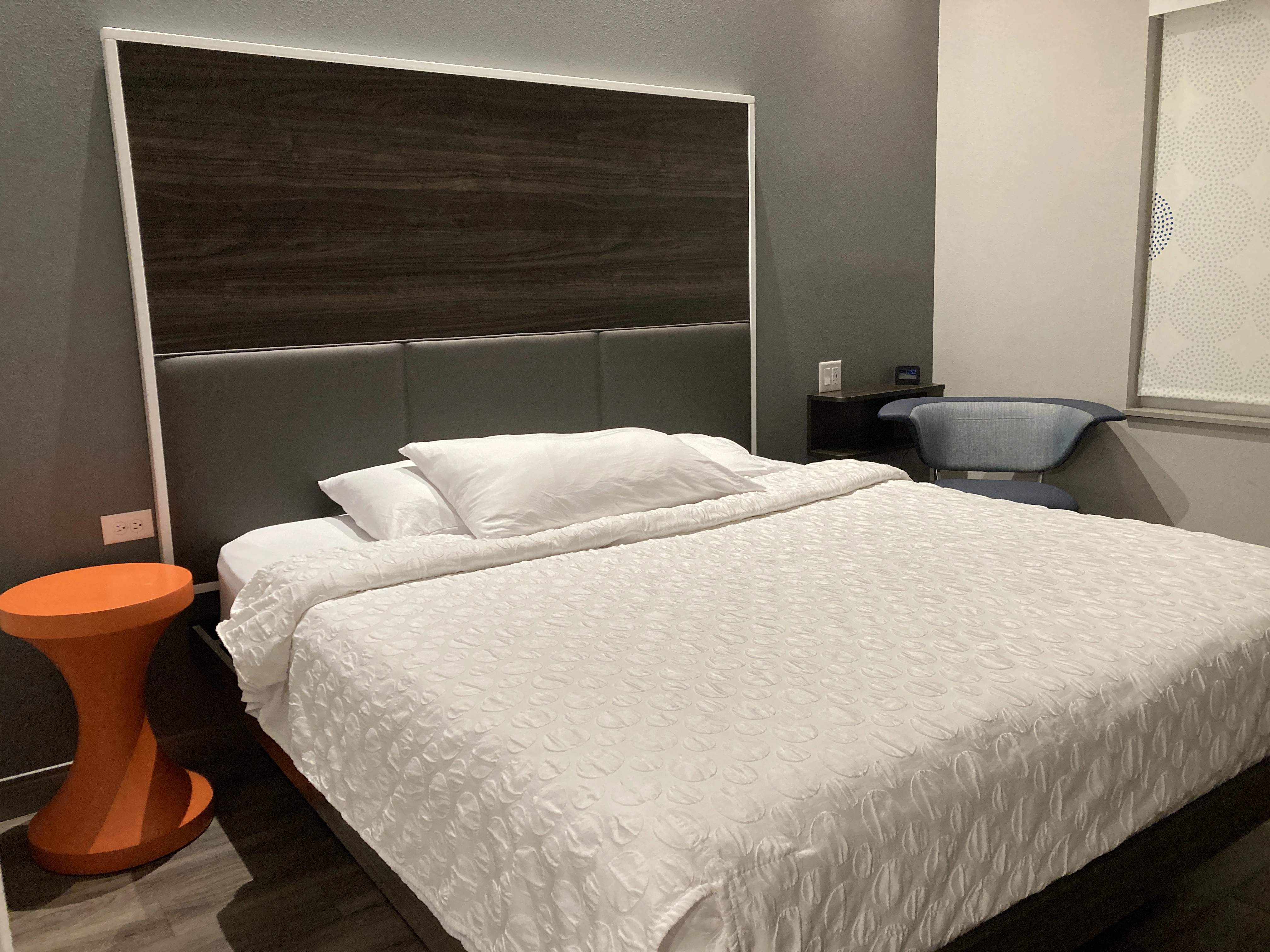
Side Hustles
Is Working for Yourself Really So Risky?
Does the thought of starting your own business or being otherwise self-employed scare the crap out of you? It would for me too…if I wasn’t already doing it. What’s more, my wife recently celebrated two years of the freelance life herself, meaning that neither of us has had a traditional employee role for some time now. So, while the thought of working by ourselves may have seemed frighteningly dangerous at some point, now I wonder why we spent so much time not doing things this way.
This is actually a topic that Dane Maxwell discusses in his new book Start from Zero (which I recently reviewed). In one chapter, he takes a look at the common belief that being an employee is safe while being an entrepreneur is a far riskier proposition and attempts to debunk that notion. Although I’m not sure the matter is as cut and dry as Maxwell may suggest, I did find many of his points on the matter to be compelling — and it got me thinking about some of the ways that he was right.
With that in mind, let’s take a look at four benefits of business ownership or self-employment that I think make such paths less risky than you might assume.
Four Benefits of Being an Entrepreneur

Income diversification
When it comes to making money, having multiple sources of it is the way to go. This is part of the reason that there’s been such a surge in so-called side hustles in recent years. Unfortunately, most employees rely on just a single income source (aside from a spouse/significant other’s pay, of course). As we’ve recently seen, this makes them particularly susceptible to changes in the economy or other events.
This isn’t to say that entrepreneurs and other self-employed workers don’t fall victim to economic conditions — they absolutely do. However, it’s more common for these individuals to have diversified incomes. Alternatively, even if they may not have extra money streams at the time when things start to turn, they may be able to quickly find opportunities in different areas and/or rely on their other skills to tide them over.
Personally, I’ve seen this come into play quite recently. With my YouTube revenue taking a hit due to a sharp drop in advertising rates, I’ve turned more to my writing work. And if that were to go? Well, while it’s always nice having regular clients, theoretically I could try sites like Fiverr or Upwork to score one-off jobs until I was back on my feet. In reality, this isn’t all that different from a laid-off employee looking for a new job — but that’s kind of the point, isn’t it?
Passive income
Speaking of income, in a normal job, you typically need to work for every dollar you make. Thus, if you stop working, you stop earning. Meanwhile, if you work yourself, you may be able to earn passive (or “passive”) income.
I put “passive” in quotes because it’s not as though this money just materializes without any effort. Instead, these ongoing payments are typically an on-going dividend received from past work. A common example of this is online courses or other products that a creator might build once and sell them multiple times. Yet, even in this scenario, there’s a good chance that there’s still at some additional work going into generating sales, such as marketing or making updates. Still, this may amount to minutes a day instead of being a full-time focus.

Set your own rates
Another benefit to being in business for yourself that you have great control over your earnings. With most jobs, you’ll start at a certain salary (along with other benefits and bonus potential) that might increase over time. Still, while you may be able to request and obtain raises, it’s still up to your employer whether or not they want to give it to you.
Compare that to entrepreneurs who are often able to determine their own pay — at least to some extent. For example, freelancers or other service-providers can typically not only set their own rates but also adjust them higher or lower as they see fit. Similarly, business owners may be able to decide their salary/compensation for themselves. Of course, this is really only possible if your business is successful… but the same could be said for employees as well.
Ability to shift gears
Finally, in most cases, changing your profession and starting a new career can be a major disruption to your life and finances. Although you may be able to return to school or gain new skills while working full time in order to smooth the transition, more often than not, employees may experience a rocky “in-between” period before they can start their new gig.
As for entrepreneurs, a change in direction may not be nearly as disruptive. For one, should your interest change, you might be able to adapt your businesses accordingly. In fact, as Maxwell chronicles in his book, sometimes these pivots can lead business owners to find even more lucrative ideas. Plus, should you want to back out of one business to start another, you can always sell your company or hand it off to someone else to manage while you embark on your next adventure.
Although it’s definitely a stretch to say that entrepreneurship is risk-free or even that it’s less risky than being an employee (health insurance, anyone?), the perception that some still have of self-employment or business ownership may be skewed. In fact, there are several reasons why working for yourself might not be as concerning a proposition as you may think. At the same time, it’s also not for everyone — although those who do prefer being employees can still learn from certain entrepreneurial elements such as having diversified and passive income. Ultimately, whichever path you choose, just make sure it’s right for you.
Leave a Reply
You must be logged in to post a comment.





I can say it’s a bit risky at the beginning but you just have back up plans if things don’t go as planned.
Been working from home for almost 4 years now and I think it’s a great decision I have made, but sometimes you just have to find that balance from working and having your time out.
Working at home or for yourself is actually a great opportunity to have a diversified source of income ad at the same time being able to do what you love to do.